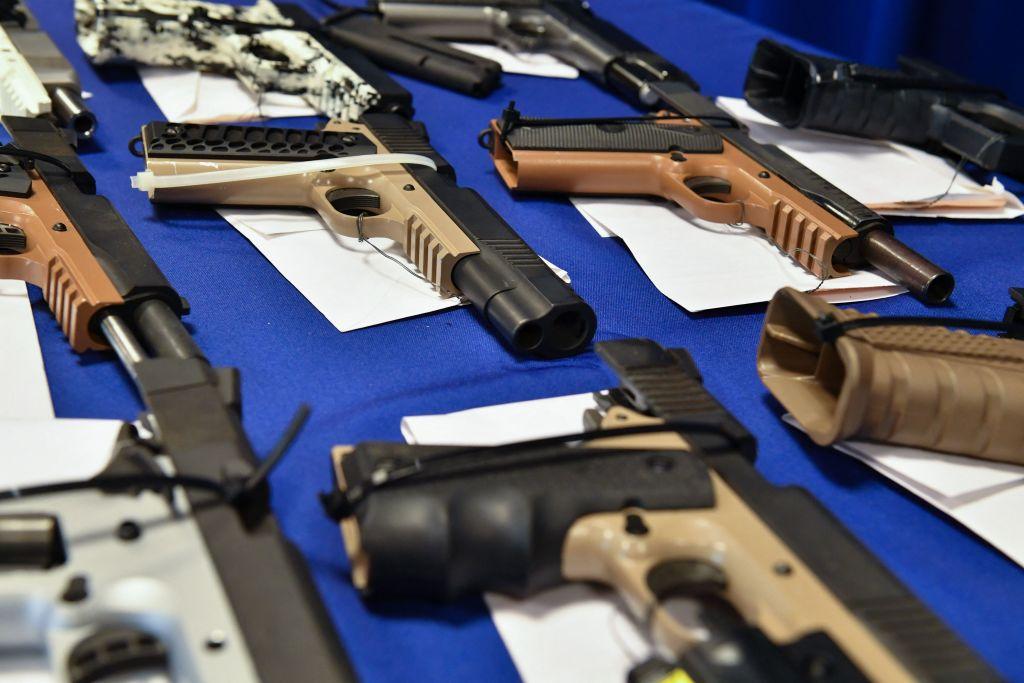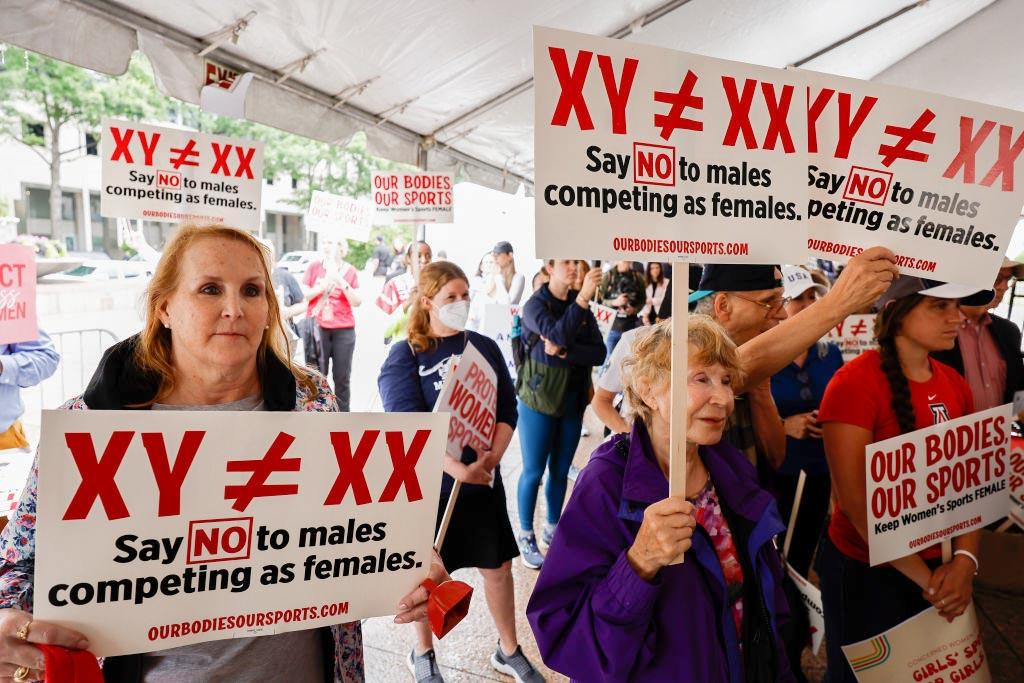Oregonians who have a firearm that was made at home and never serialized can now be charged with a crime under the state’s new “ghost gun” law.
The statute, which went into effect on Sept. 1, forbids the sale, transfer, and import of unserialized firearms and the possession, sale, and manufacturing of firearms that cannot be detected by metal detectors or X-ray machines, according to a fact sheet published on the Oregon Department of Justice (DOJ) website.





